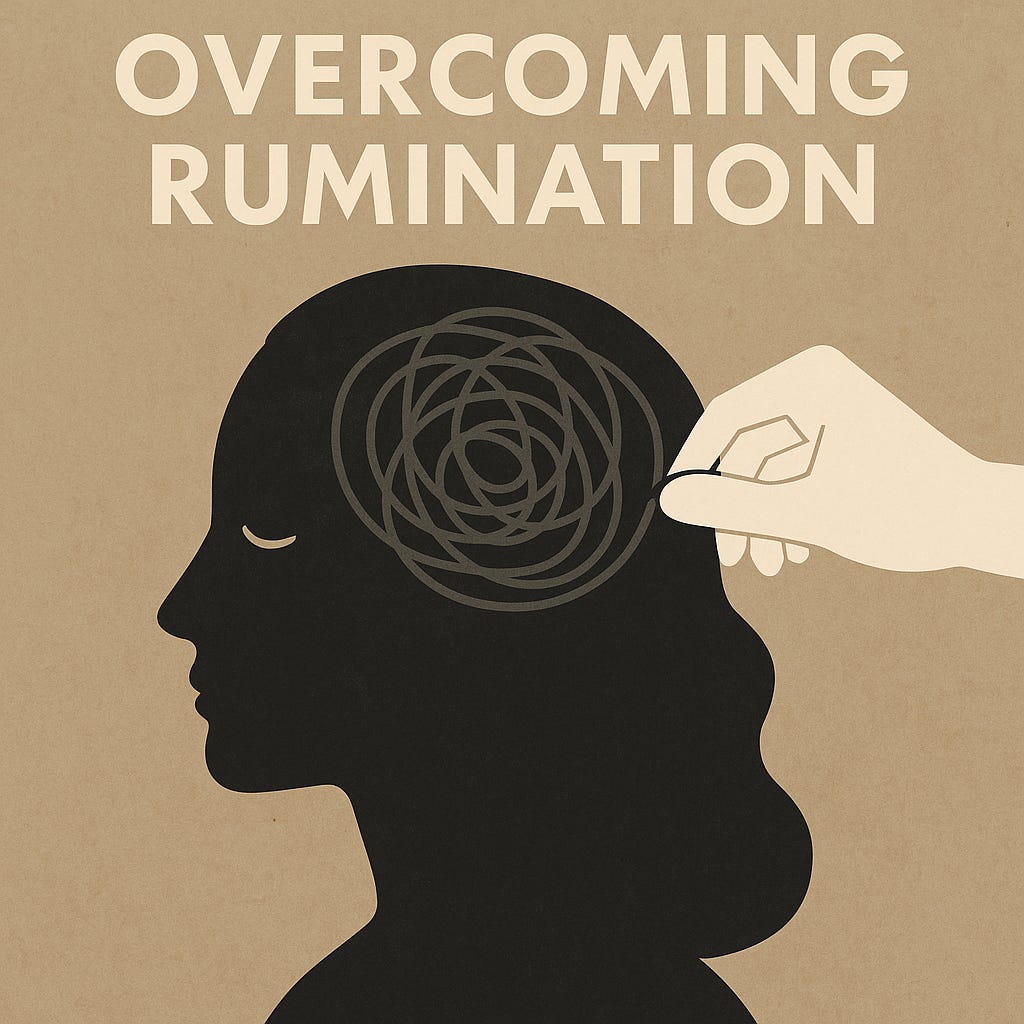When your thoughts won’t stop: understanding rumination
Psychiatry has a way of removing agency from the individual.
A newer branch, metabolic psychiatry, aims to do the opposite – restoring agency through something as concrete as changing one’s diet, and with it, one’s metabolism.
I’ve experienced this firsthand. After removing carbs and going fully ketogenic (very high fat, moderate protein, almost zero carbs), I noticed profound psychological shifts: less mental clutter, less emotional volatility, less anxiety, and far less rumination.
So when I came across this X post from Chris Masterjohn, it immediately caught my eye:
“Depressed and can’t stop ruminating? An inability to stop ruminating is driven by insufficient methylation of dopamine, which makes the brain too sticky.”
I respect Chris’s work deeply. He’s helped thousands understand how nutrition and metabolism shape mental health. And I agree that the state of our bodies profoundly affects the state of our minds.
But there’s another dimension to rumination that deserves equal attention – one that’s psychological rather than biochemical.
While diet and nutrients can set the stage for clearer thinking, they don’t explain the act of rumination itself. Neither do they technically cause or end it.
Once the body is nourished and the brain treated as it’s designed to be, what remains is still a psychological process.
Biology can open (or close) the door – but psychology has to walk through it.
And that path begins with a simple but radical insight:
Rumination isn’t something that happens to you. It’s something you do.
The psychological way out
The psychological solution to rumination is to stop doing it.
That sentence may sound both obvious and impossible at once. After all, when we’re stuck in overthinking, we don’t experience ourselves as doing something. We experience ourselves as being done to – as if the mind generates thought after thought, and we’re simply trying to keep up.
A conversation gone wrong.
A decision that keeps replaying.
A worry that refuses to leave.
That thing you said – or didn’t say.
An opportunity missed.
A moment you wish you could rewrite.
A “what if” that won’t let go.
You’re driving, cooking, working, or lying in bed, and the mind just won’t stop. It feels as if the thoughts have taken on a life of their own. They arrive uninvited, loop endlessly, and pull you deeper into the same questions, the same scenarios, the same why, what if, and if only.
And thoughts are strong forces. You know this from sleepless nights, from being unable to be present with loved ones or in activities you enjoy – because your mind keeps pulling you back into itself. Thoughts can keep a tired body awake. They can hijack attention. They can rob life of presence.



